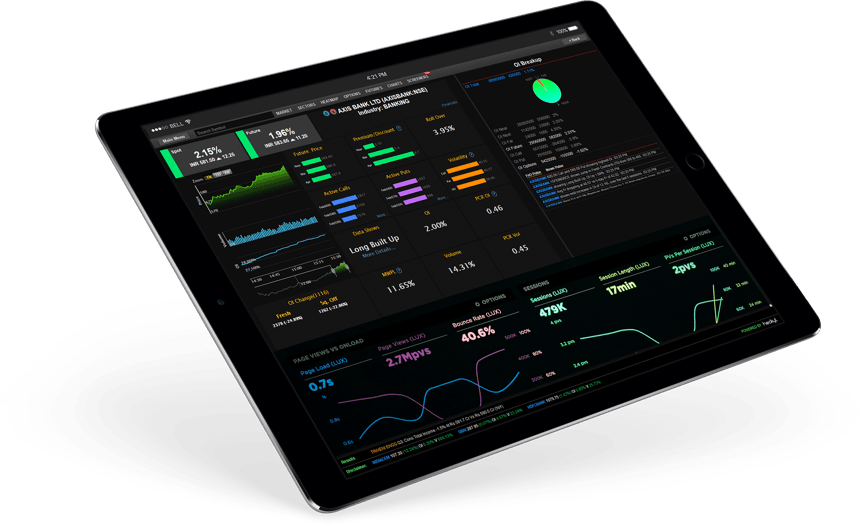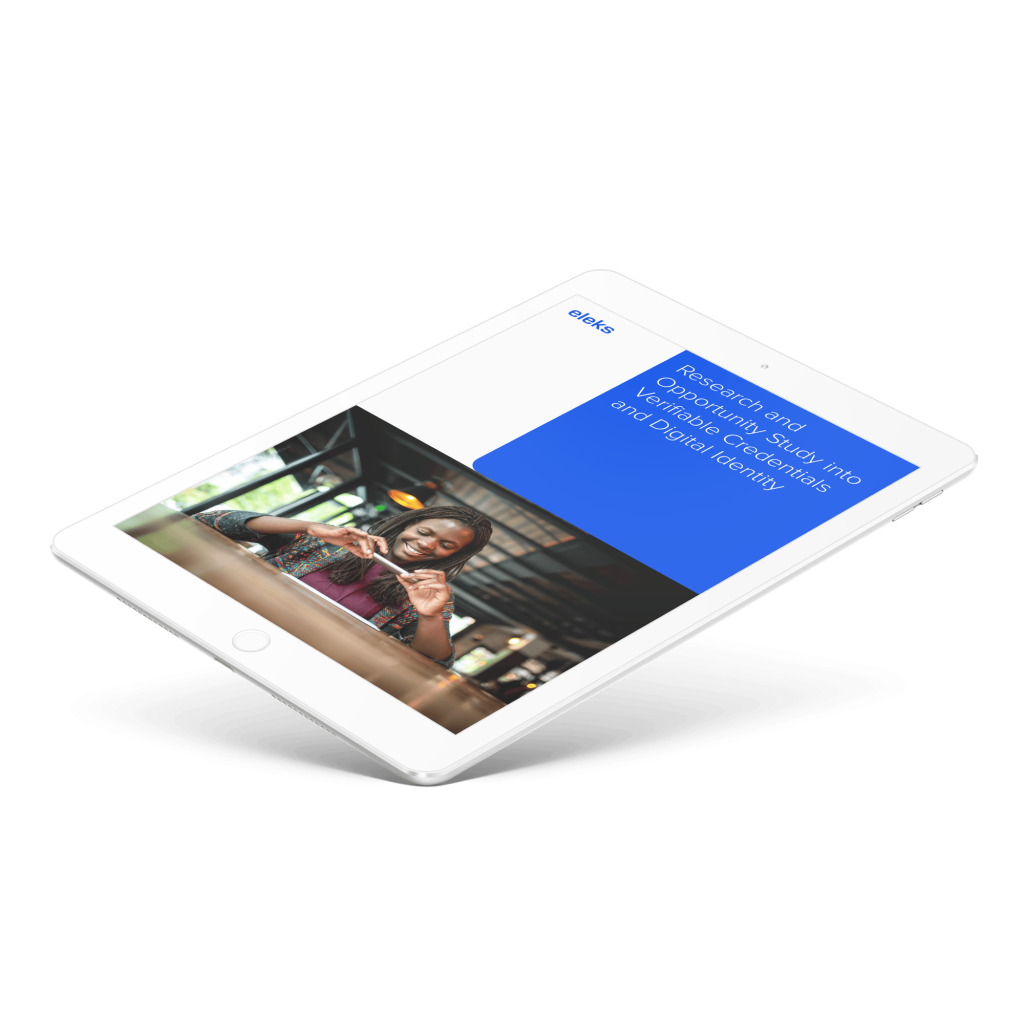
1. Mobile banking experience as a part of omnichannel banking
As much as customers make extensive use of digital banking, there remains a role for a variety of banking channels, including the traditional branch. Customers demand an experience that is tuned into their individual preferences wherever they interact with banking services. To pull off a real omnichannel experience, a bank will need to rely extensively on big data and analytics.
With user experience at the forefront, financial institutions will focus on omnichannel banking. Technologies enabling personalisation, voice commerce and chatbots for customer support, as well as mobile technologies for billing and payment digitalisation, will be garnering the biggest investment.
According to Business Insider Intelligence, over half of credit unions surveyed saw an annual increase in mobile wallet adoption (56%) and transactions (53%).
The capabilities of mobile banking are really extensive today. The must-have features that banks use to engage and retain clients, include:
- 24/7 access to account balances, history, and transactions;
- mobile account opening and mobile deposits;
- bill payments and person-to-person payments;
- loan payments;
- mobile fund transfers;
- security and fraud alerts.
2. BaaS and open banking
Traditional bricks-and-mortar banking and early digital banking operated in strict silos. Banks did not want to share customer information – and technology and regulatory hurdles prevented it anyway. Open banking initiatives, including the EU’s second payment services directive (PSD2) and the emergence of banking-as-a-service (BaaS) are rapidly breaking down traditional banking silos.
For example, PSD2 gives qualifying providers direct access to customer account data enabling banks to offer new types of products and services to their customers. Furthermore, challenger banks and FinTech start-ups can provide unique services built on legacy banking data. Likewise, BaaS provides API-level connectivity that opens up banking services to companies that were traditionally excluded.
Deloitte’s 2019 consumer banking survey found that 84% of respondents use online banking at least some of the time.
3. Blockchain and asset tokenisation
Bitcoin itself may not yet have the revolutionary impact its supporters hoped for, but the technologies that enabled Bitcoin are showing real potential. Blockchain solutions and distributed ledgers in the broad make it easier for banks to facilitate payments, to securely manage customer data and to meet KYC requirements.
Banks should also take note of asset tokenisation which leverages blockchain to enable the securitisation of assets. As a result, large and illiquid assets are accessible to a broader group of investors, and easier to trade – digitally. Tokenisation not only broadens the investment base but also reduces settlement times and smoothens the reconciliation process too.
This whitepaper will help you roll-out trials and pilots of blockchain with optimal investments.
4. AI and RPA
Automating repetitive processes is a common goal of digital banking strategy, and several technologies are bringing enormous benefits. Robotic process automation (RPA) is used by banks to reduce costs and to improve operational reliability. RPA is easy to implement too, only functioning on top of existing banking systems, even if these are legacy in nature.
Artificial intelligence (AI) requires a more systemic rethink when integrated into digital banking solutions, yet AI can truly transform digital banking. AI stands to change digital banking as we know it. From conversational interfaces that reduce the need for human customer reps through to AI-driven wealth management that brings financial advice to customers.

5. Big data and predictive analytics
AI-driven digital banking requires data and lots of it. Banks do, of course, generate oceans of data. And we think big data and the predictive analytics it drives brings increasingly large benefits for banks and their customers. Also, in part, thanks to open banking, financial institutions can now consolidate internal and external data to build profiles of their customers.
Predictive analytics and other applications of big data also help banks guard against fraud. Organisations can identify malicious actors more quickly and act faster to stop fraud as it occurs. Data provides revenue-driving benefits, too, with greater insight into customer habits and preferences that drive both customer acquisition and customer retention.
6. Compliance and regulation changes
Finally, we would be remiss if we do not point out the ongoing changes in the regulatory environment. GDPR was the biggest event of 2018, but banks are still working through its repercussions in 2019 and GDPR fines have started to roll in.
Statistics collected from ten EU countries show that ten months after the General Data Protection Regulation (GDPR) became enforceable, people continue making complaints to their national Data Protection Authorities.

As much as the future of digital banking is enabled by changes in regulation such as open banking, banks that ignore compliance trends can be left open to heavy fines. Moreover, with matching growth in know-your-customer (KYC) requirements across the globe, regulatory awareness is key. And so is the implementation of the techology that help banks meet these requirements.
Here's the business leader's guide to GDPR implementation.
Put your digital banking strategy to work
The increasingly digital nature of finance requires that financial institutions have strong in-house technology expertise. Technologies like blockchain or RPA offer new ways of pursuing strategic ambitions and achieving a competitive edge. Yet, banks are not technology firms. Those that want to stay ahead of the game should consider partnering with a technology firm.
ELEKS has a long history of driving technology across many industry sectors, including financial services. We know that digital banking is changing, so we ensure that our clients stay ahead of the pack. Get in touch to see how we can keep your digital banking initiatives at the cutting edge.

Related Insights











